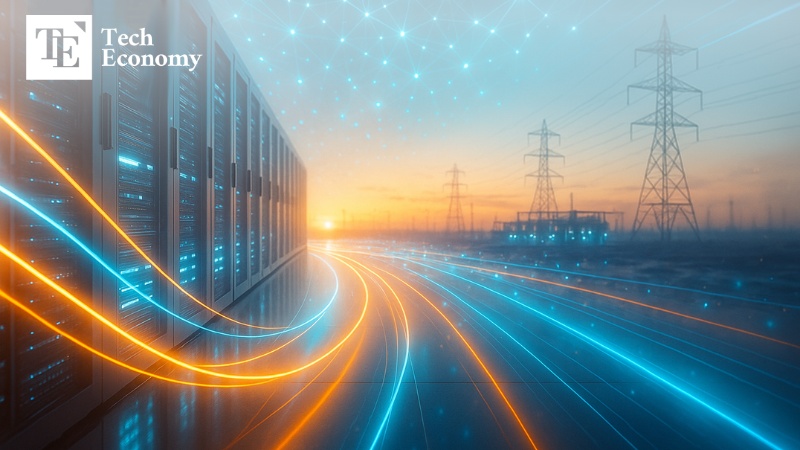
Surging demand for cooling water fuels local disputesBig Tech expands aggressive investment
Read More
Grain Reserves Fail to Stem Soaring PricesDistribution Inefficiencies Deepen Instability
Read More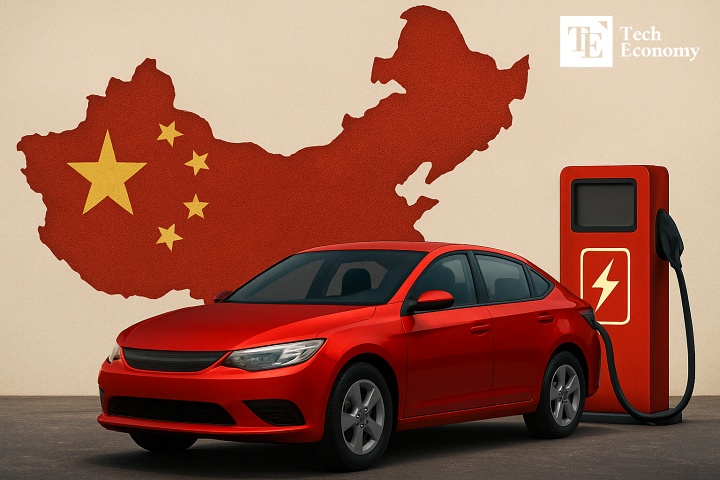
Market Share Climbs From 2.7% to 5.1%Price Edge Strengthened by Quality Improvements
Read More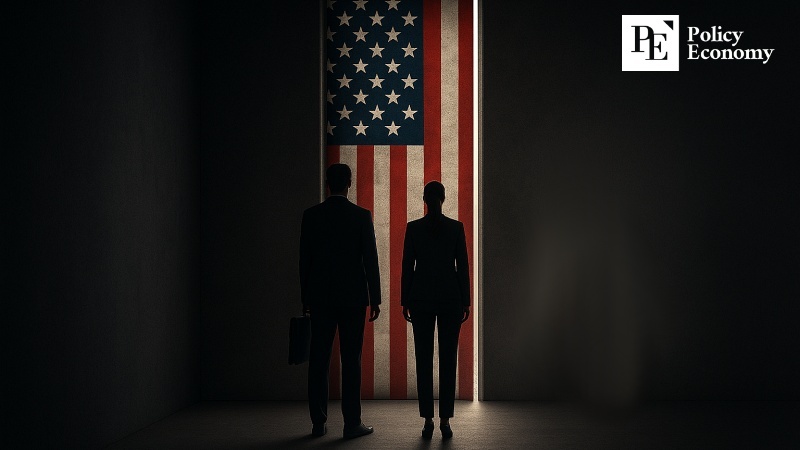
Rift Between Left and Right RekindledActive Role in International Conservative Networks
Read More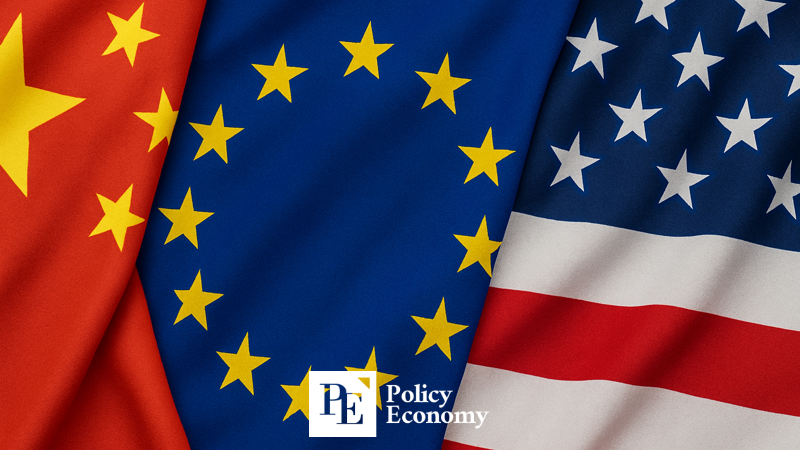
U.S.-Driven Trade and Foreign Policy at the CoreChina Escalates Its Anti-American Rhetoric
Read More
Subsidy Cuts Undermine RenewablesRising Power Demand Drives Gas Consumption
Read More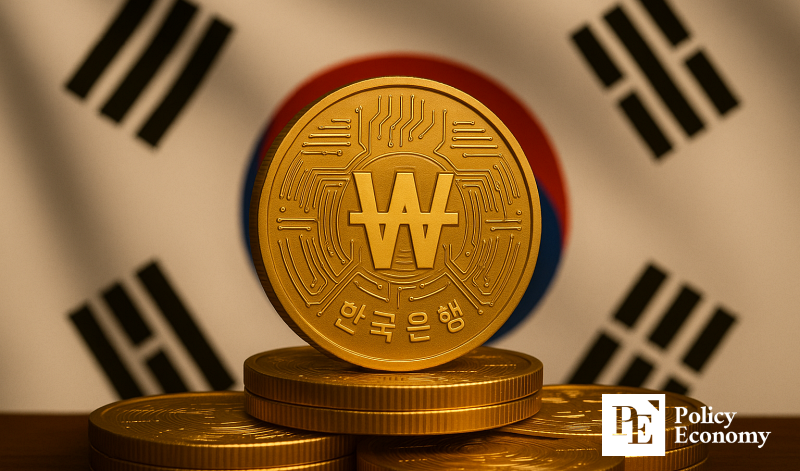
Capital requirements and ICO allowanceThe key question: interest payments
Read More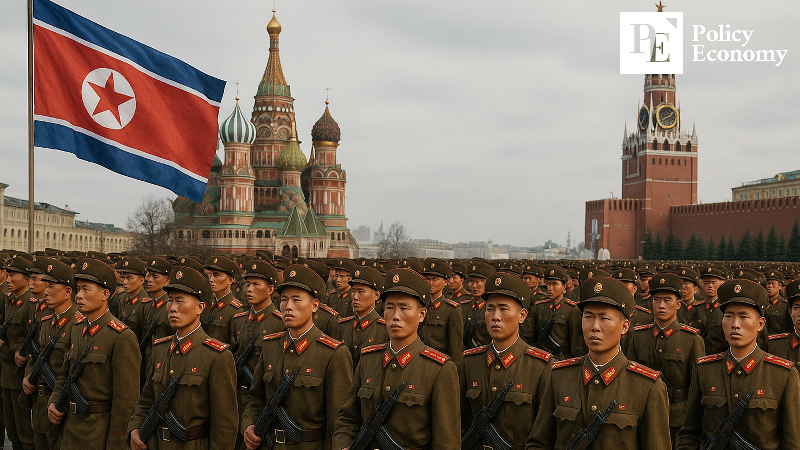
Pyongyang elevated in the trilateral alliance‘Gray zones’ have disappeared over the past decade
Read More
Hawkish Tone with a Contrarian StreakTariffs and Inflation Add to Policy Uncertainty
Read More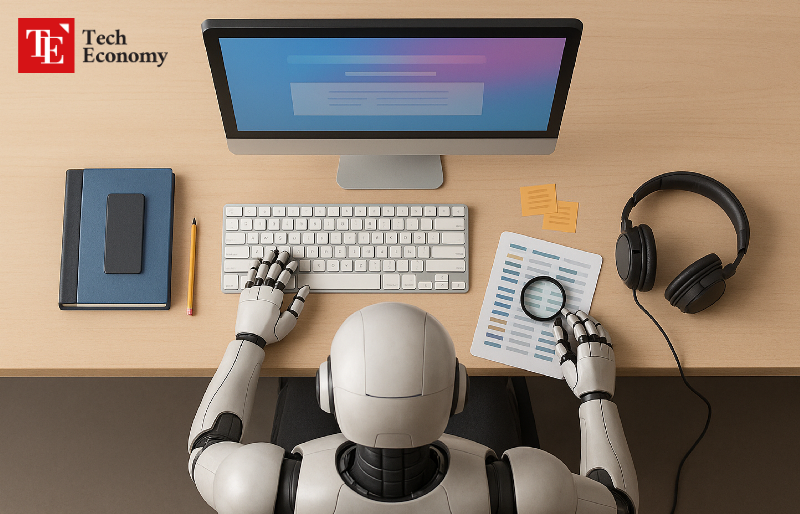
Evolving Technology Redefines Monopoly StandardsThreat of Breakup Itself Underscored Market Power
Read More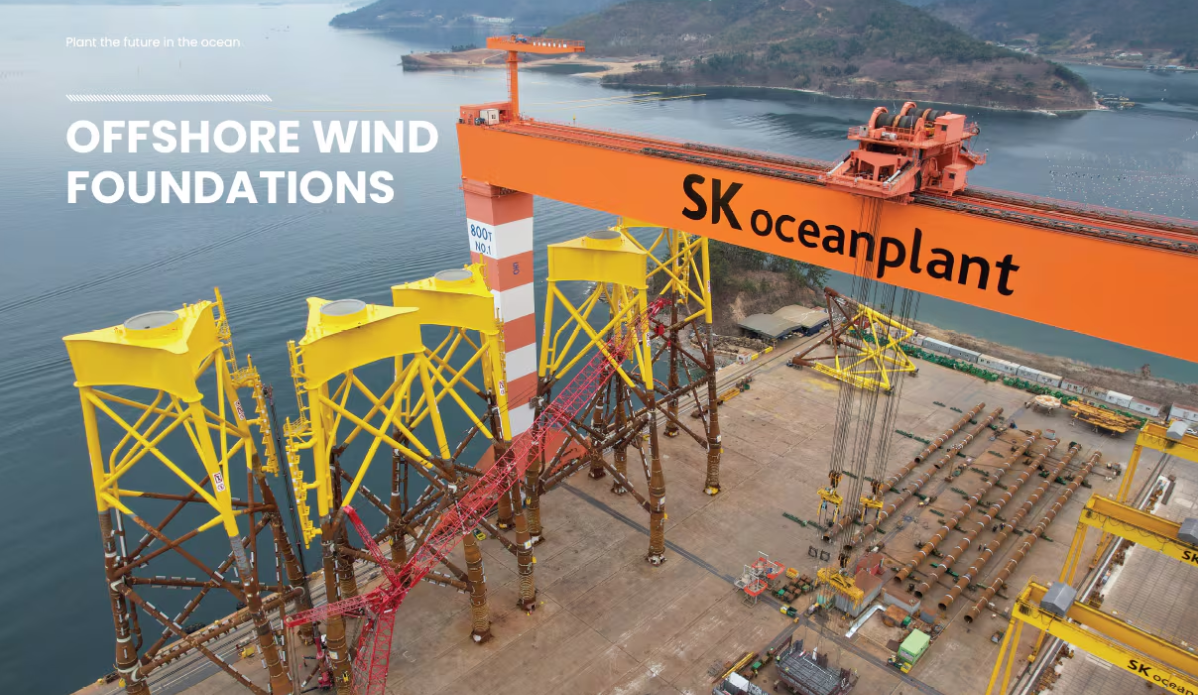
Sold just four years after acquisition in 2021Prolonged talks amid opposition from second-largest shareholder
Read More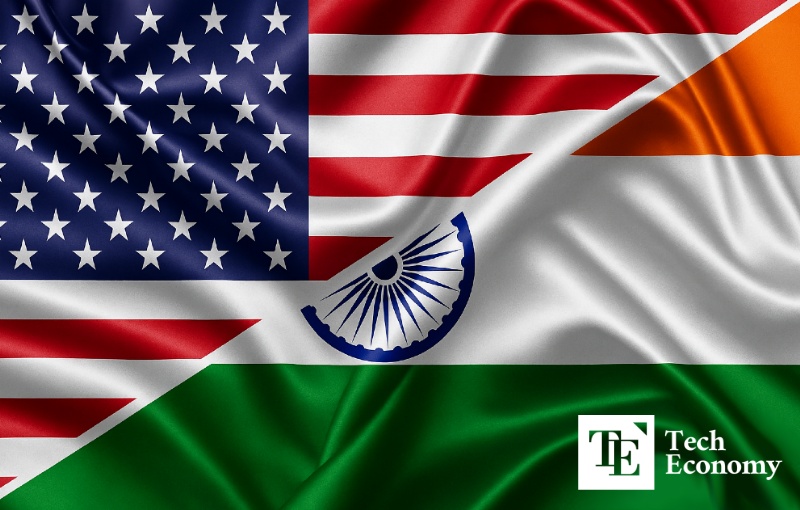
“Losses from U.S. tariffs offset by U.K. deal”Talks with EU accelerate as market diversification nears
Read More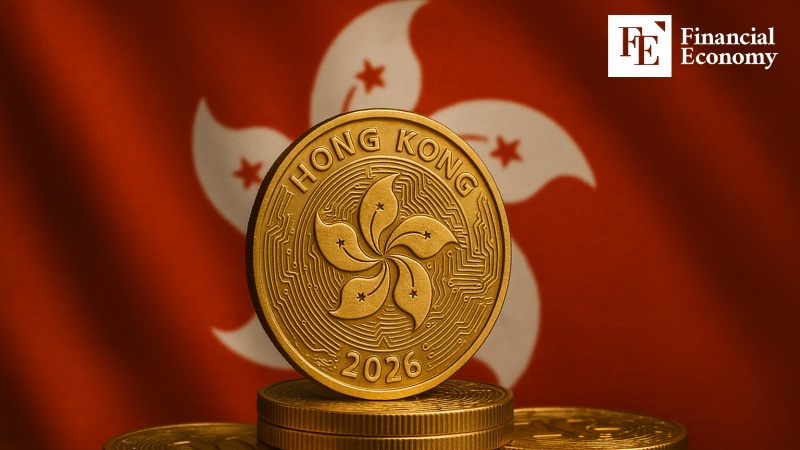
Hong Kong Positioned as a Battleground for Financial HegemonyLocal Officials Step Cautiously Amid Political Pressures
Read More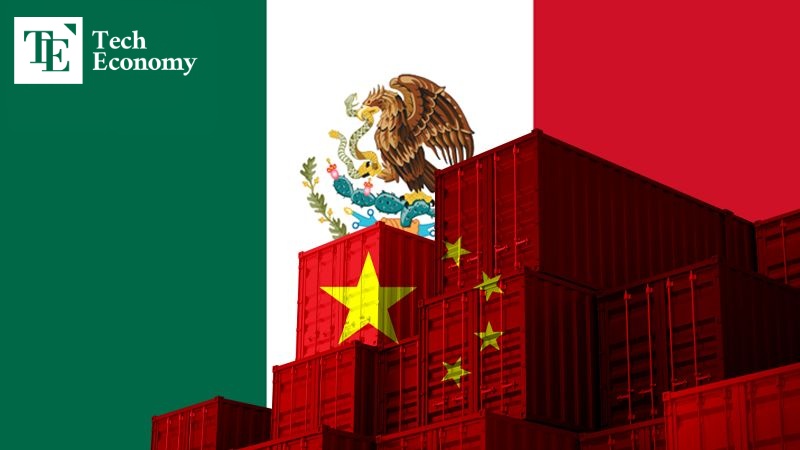
Logistics Industry Paralyzed by New Trade BarriersLatin American Drive for Industrial Protection Ends in Tariffs
Read More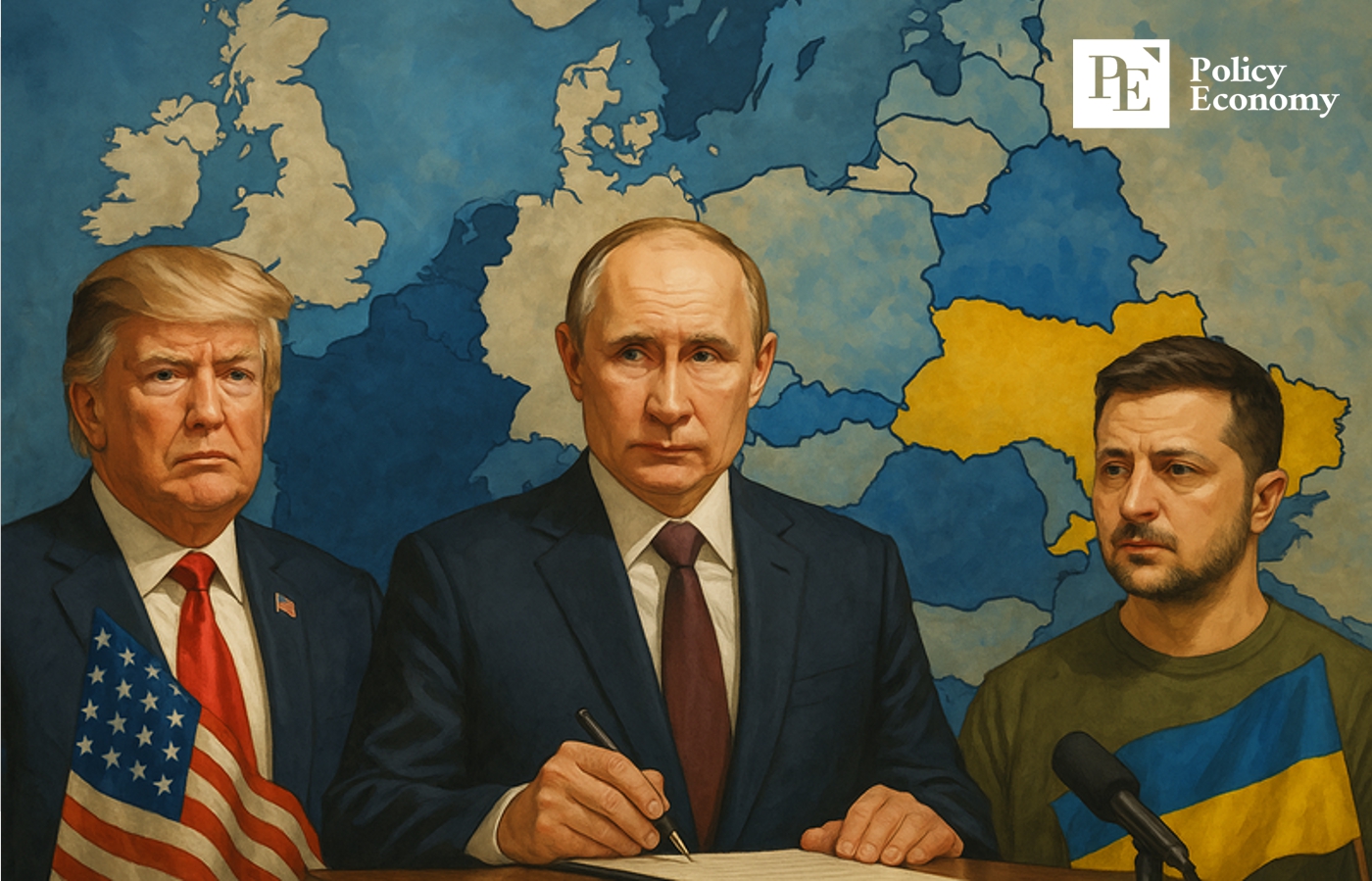
Strong Sanctions Threatened Against MoscowUkraine Haunted by “Three Decades of Broken Promises”
Read More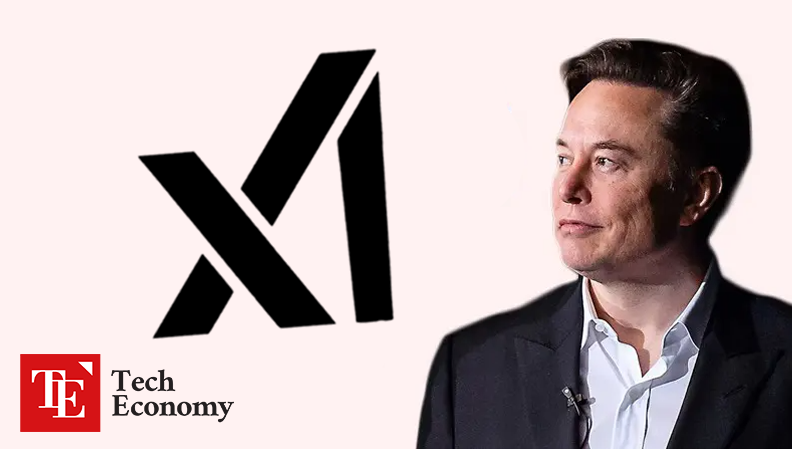
Lawsuit alleges unfair competition by rivalsStrategy seen as amplifying presence through conflict
Read More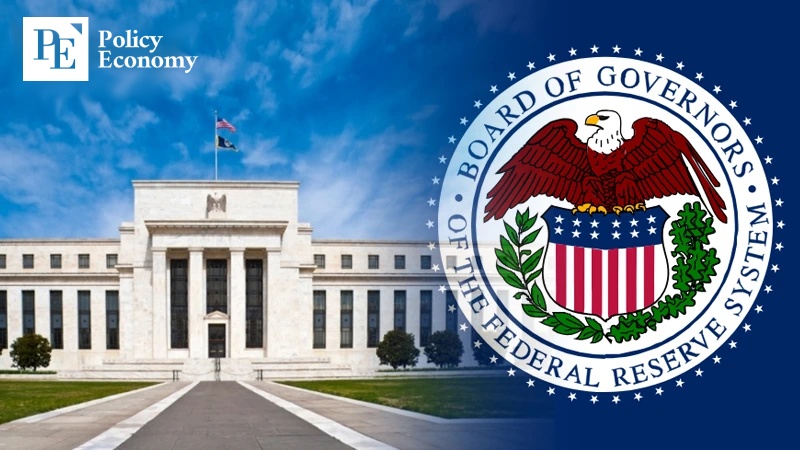
Two weeks after criminal charges, dismissal announcedMove seen as overt political interference, removing dissent
Read More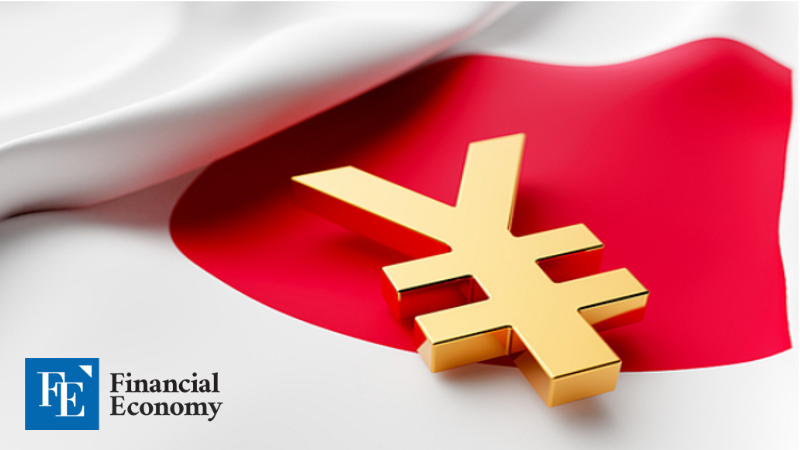
Expectations rise for rate hikes amid wage growth outlookInflation outpaces wage gains, eroding real incomes
Read More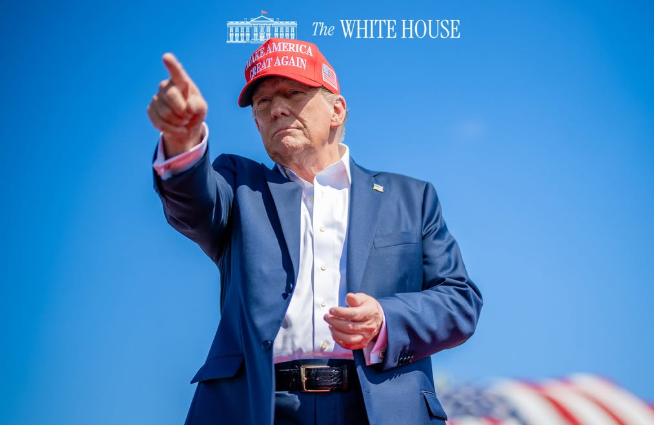
‘Law-and-Order Performance’ Plan Sparks ConfusionDispute Over Whether Crime Is Out of Control
Read More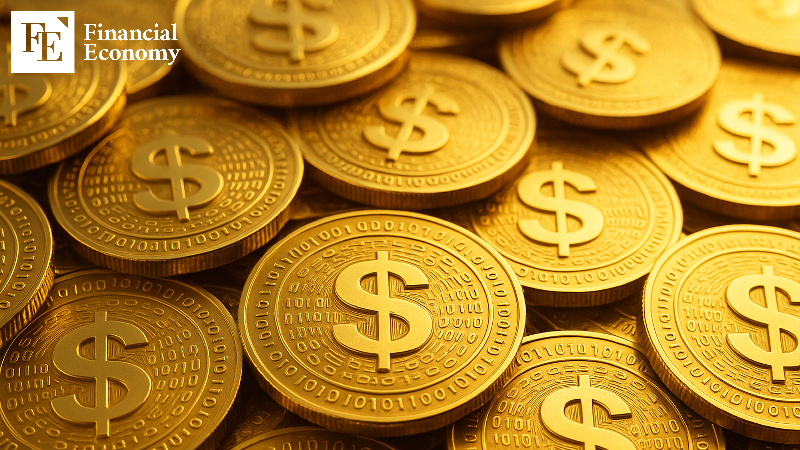
Concerns Over Regulatory Arbitrage Across CountriesPotential Economic Subordination of Multiple Nations
Read More











